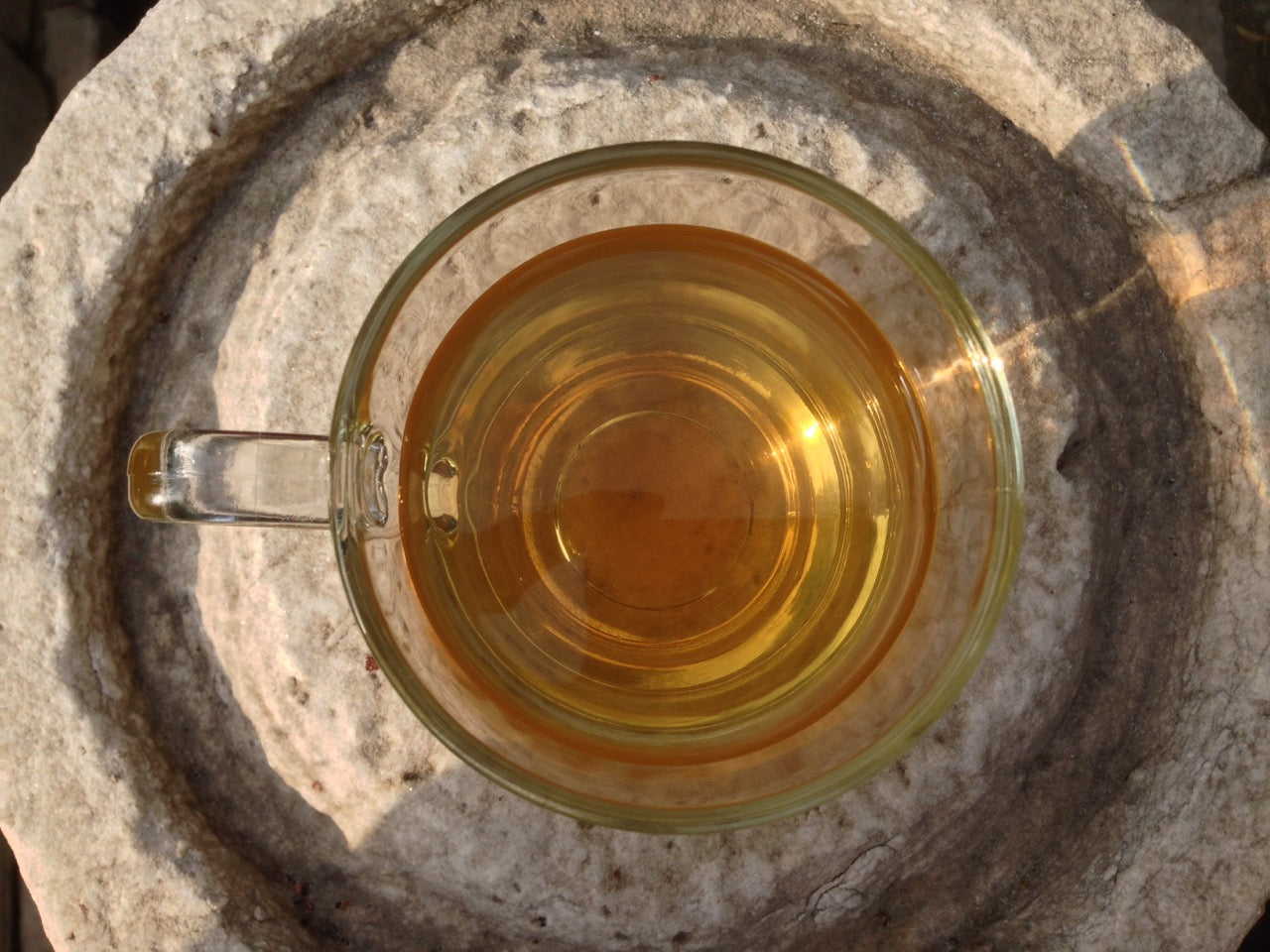
Let go to become yourself
One of Lao Tzu's most famous sayings is, “When I let go of what I am, I become what I might be” 以其终不自为大,故能成其大. I understand this to mean that I will only achieve greatness by not considering myself to be great, regardless of how many accomplishments I have or how high a position I may hold. By emptying myself of pride and self righteousness, I let my achievements speak for themselves and focus on moving forward. In today’s gospel reading, Jesus cleansed the temple in Jerusalem (Luke 19:45-48). He cast out the merchants who made the temple a “den of thieves,” after...


